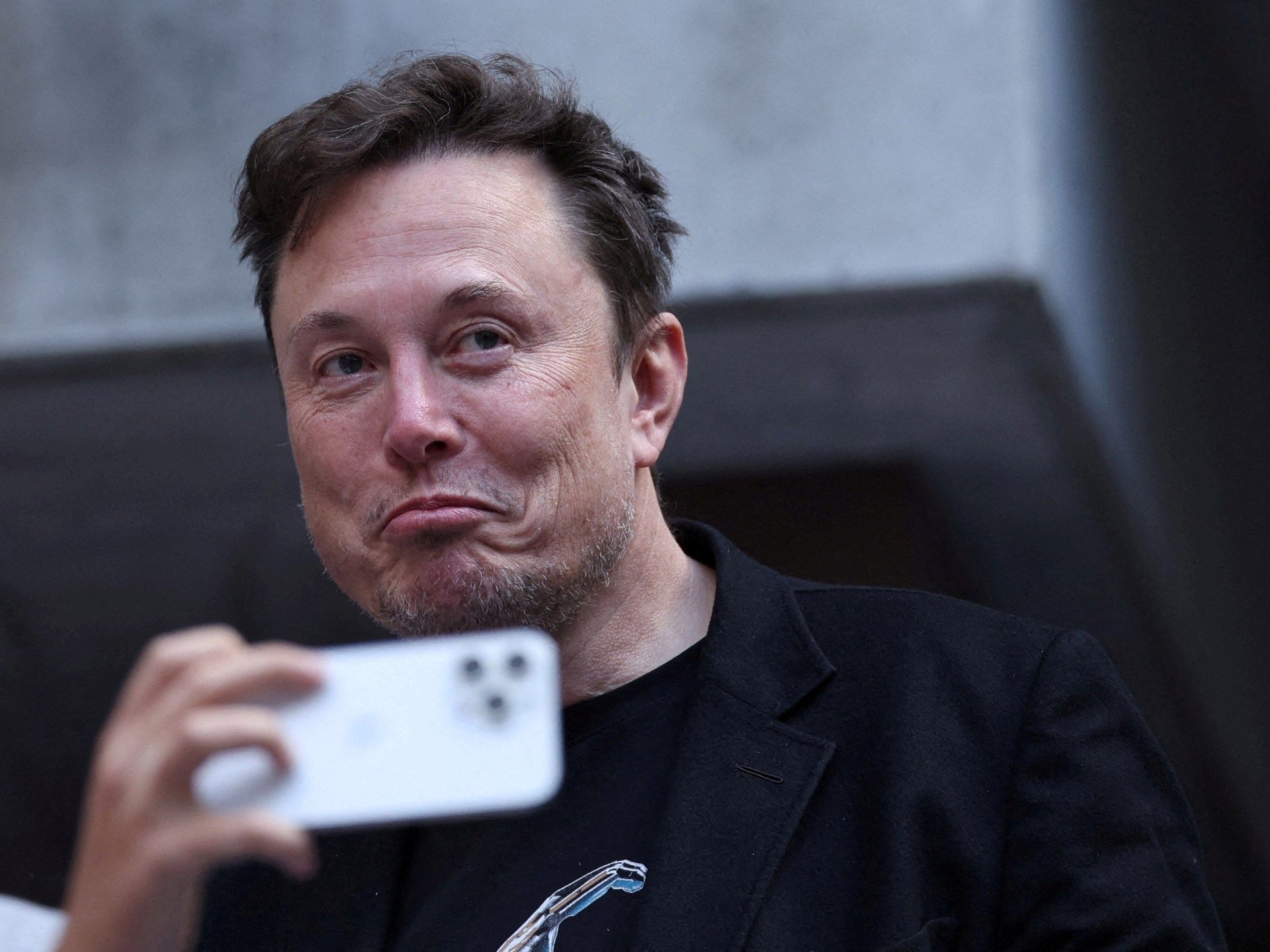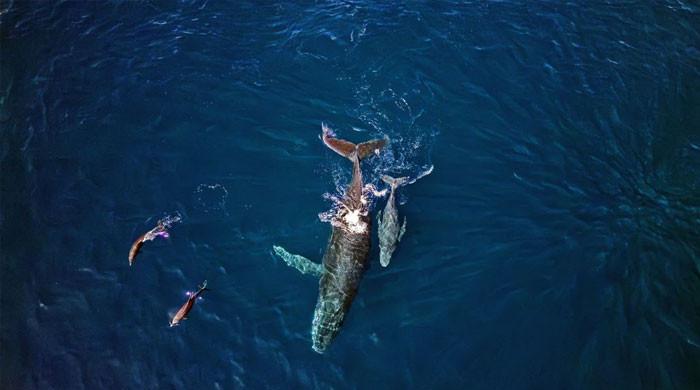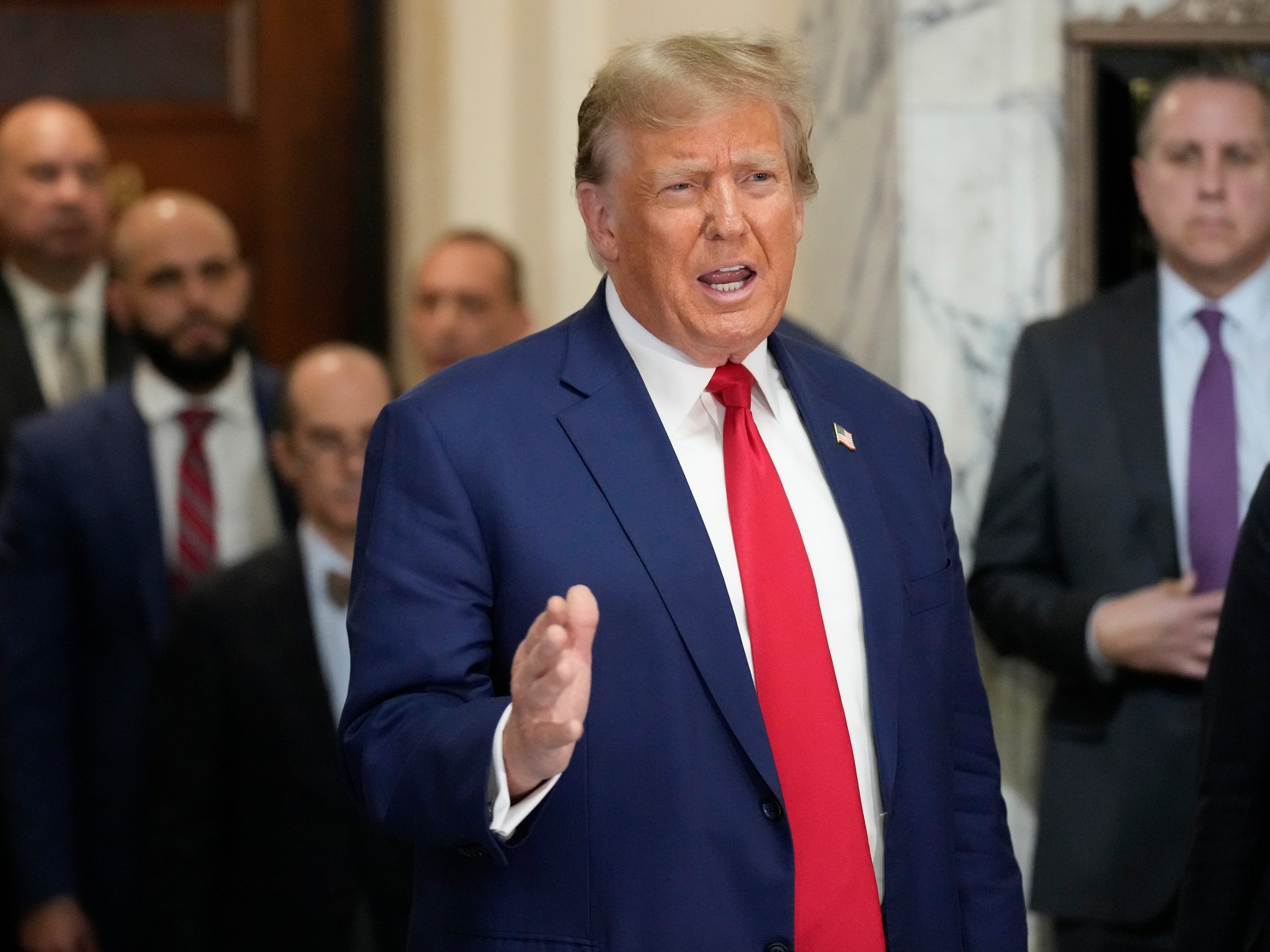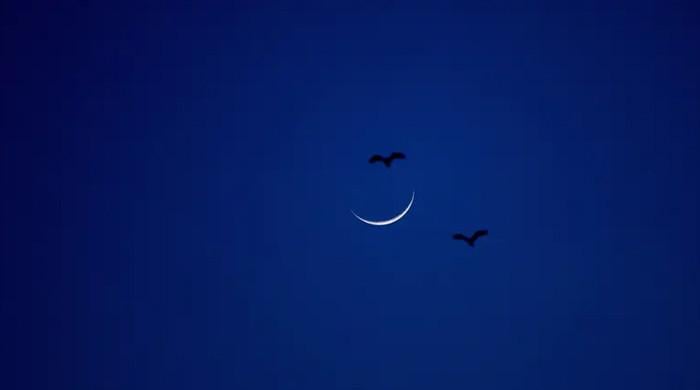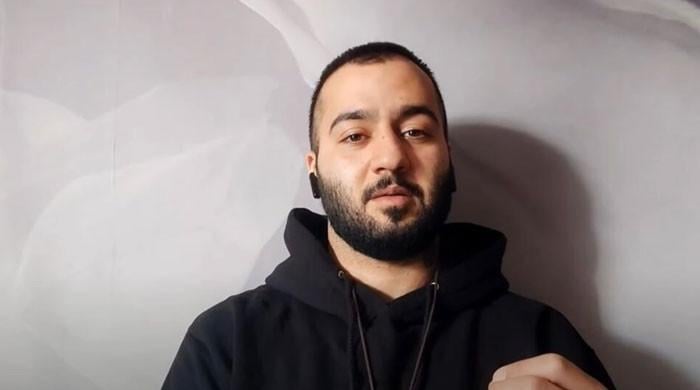Throughout history, the world's richest people — almost all of them men — have often operated from the shadows, quietly confronting governments they don't like.
He is not the richest man in the world today.
In recent months, Elon Musk has faced off against one government after another, mostly left-wing or liberal, in public online wars centered on his claim that they are curbing free speech. But the clashes have often also come amid attempts by governments to regulate social media, in which Musk, the owner of X, also has a direct commercial interest.
From Brazil to Australia, France to the UK and of course the US, here we take a look at the battles Musk has fought and how they have played out for him and his companies.
Brazil
Latin America's largest nation and economy banned X in August after Musk refused to comply with a court order to appoint a legal representative in Brazil.
The court had also ordered X to block a number of far-right accounts. Musk had also rejected that demand, publicly clashing with Supreme Court judge Alexandre de Moraes.
But the judge did not back down either. In addition to the ban, he ordered X to pay more than $3 million in fines. The court also froze the Brazilian bank accounts of Starlink, Musk's satellite communications company.
Then, on the judge's orders, the Brazilian government transferred $1.3 million from X's local bank account and $2 million from Starlink's local bank account to settle the fine.
Musk first tried to get around the ban: For a brief period last week, X was back online in Brazil, after the social media platform changed the way its servers are accessed. But De Moraes threatened the company with a daily fine for not respecting the ban, and X soon disappeared again.
In the end, the billionaire appears to have accepted defeat, at least for now. Last week, X’s lawyers told Brazil’s Supreme Court that the company would appoint a legal representative in the country and block accounts accused of spreading hate speech and disinformation in its bid to make X available again in the country.
The stakes are high: Brazil is X's third-largest market, with 21 million users.
Australia
Across the Pacific Ocean from Brazil, Musk described the Australian government as “fascist” in a post on X after his center-left Labor Party administration announced legislation that would fine media platforms 5 percent of global revenue for spreading information that is “reasonably verifiable to be false, misleading or deceptive and reasonably likely to cause or contribute to serious harm.”
“Disinformation and misinformation pose a serious threat to the safety and wellbeing of Australians, as well as to our democracy, society and economy. Doing nothing and allowing this problem to fester is not an option,” Communications Minister Michelle Rowland said last week.
Musk's argument, once again: the law goes against the principle of freedom of expression.
Musk is not the only critic of the new legislation. David Coleman, the shadow communications minister, also voiced his concerns.
“In this bill, if you're an academic, what you say basically can't be considered disinformation. But if you're an ordinary Australian who disagrees with an academic, it can be disinformation,” Coleman said last week.
But the Australian government has in turn accused Musk of being inconsistent on free speech. The X owner, his critics say, has acquiesced to calls from right-wing or authoritarian governments to crack down on many accounts.
“Elon Musk has had more positions on free speech than the Kama Sutra. You know, when it's in his business interest, he's the champion of free speech and when he doesn't like it, he's going to shut it down,” Government Services Minister Bill Shorten said in an interview on Nine Network's Today morning show.
France
Last month, Telegram CEO Pavel Durov was arrested at a Paris airport after arriving from Azerbaijan. According to Parisian authorities, he was arrested and then detained for failing to regulate alleged drug trafficking, organized crime, “terrorism” and fraud on his online messaging platform.
Musk, in a series of posts on X, criticized the arrest. In a sarcastic post, responding to the news of Durov's arrest, he wrote: “Point of view: it's 2030 in Europe and you're being executed for liking a meme.”
POV: It's the year 2030 in Europe and you're being executed for liking a meme.
— Elon Musk (@elonmusk) August 24, 2024
He posted a #FreePavel on X several hours after Durov's arrest.
Musk later took to X to criticize fellow billionaire Mark Zuckerberg, responding to a post that questioned why the Meta CEO had not faced legal consequences for allegations similar to those against Durov.
Russia, where Durov was born, imposed a ban on Telegram in 2018 after the app refused to comply with a court order requiring it to provide access to its encryption keys. However, the ban was eventually lifted in 2020.
United Kingdom
In early August, Musk found himself embroiled in another war of words over X, this time with UK Prime Minister Keir Starmer following far-right and anti-immigration riots across Britain.
Responding to a post suggesting mass migration and open borders were to blame for the unrest, Musk posted: “Civil war is inevitable.”
The UK government responded: “There is no justification for comments like that,” a spokesman for Starmer told reporters. “What we have seen in this country is organised violence that has no place on our streets or on the internet. We are talking about a minority of thugs who do not speak for Britain… I think you can deduce from that that the prime minister does not share those sentiments.”
Musk would further antagonise Starmer with another post from X, with the hashtag #TwoTierKier (a term popularised by Reform UK leader Nigel Farage), implying that far-right people are monitored more heavily than those on the left.
Why aren't all communities in Britain protected? @Keir_Starmer
— Elon Musk (@elonmusk) August 6, 2024
London’s Metropolitan Police Commissioner Mark Rowley responded to Musk’s comments in an interview with Sky News, saying: “We have commentators at both ends of the political spectrum who like to level accusations of bias at the police because we’re in the middle, we operate independently under the law without fear or favour… The serious voices that are echoing them worry me more because the risk is… that they legitimise the violence that is being carried out by the officers that I’m sending in.” [out] Today, they are going to confront each other in the streets… they are putting themselves at risk.”
US
Musk previously said he voted for President Joe Biden in 2020, but ahead of the 2024 election, he made it clear he backs former President Donald Trump.
In X, he called Biden a “wet puppet” and criticized the president’s policies on immigration and health care.
In November 2023, following a post by Musk in which he appeared to blame Jews for mass immigration to the United States, the White House called his comments “abhorrent,” “racist,” and “anti-Semitic.”
But it has also worked with the US government to provide access to the Starlink satellite to Ukraine amid its war with Russia, although in recent months, kyiv has alleged that Moscow's forces have also accessed the service through third countries.
More recently, following the second alleged assassination attempt on Trump, a user of account X asked: “Why… [do] Do you want to kill Donald Trump?
In a now-deleted post, Musk responded: “And no one is even trying to assassinate Biden/Kamala.”
The comment sparked a storm of criticism against Musk, including from the White House.

